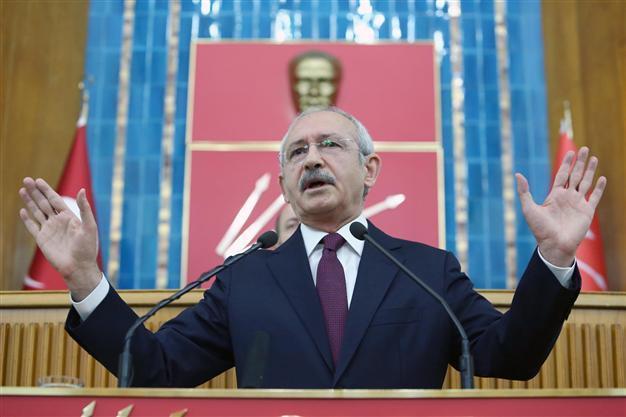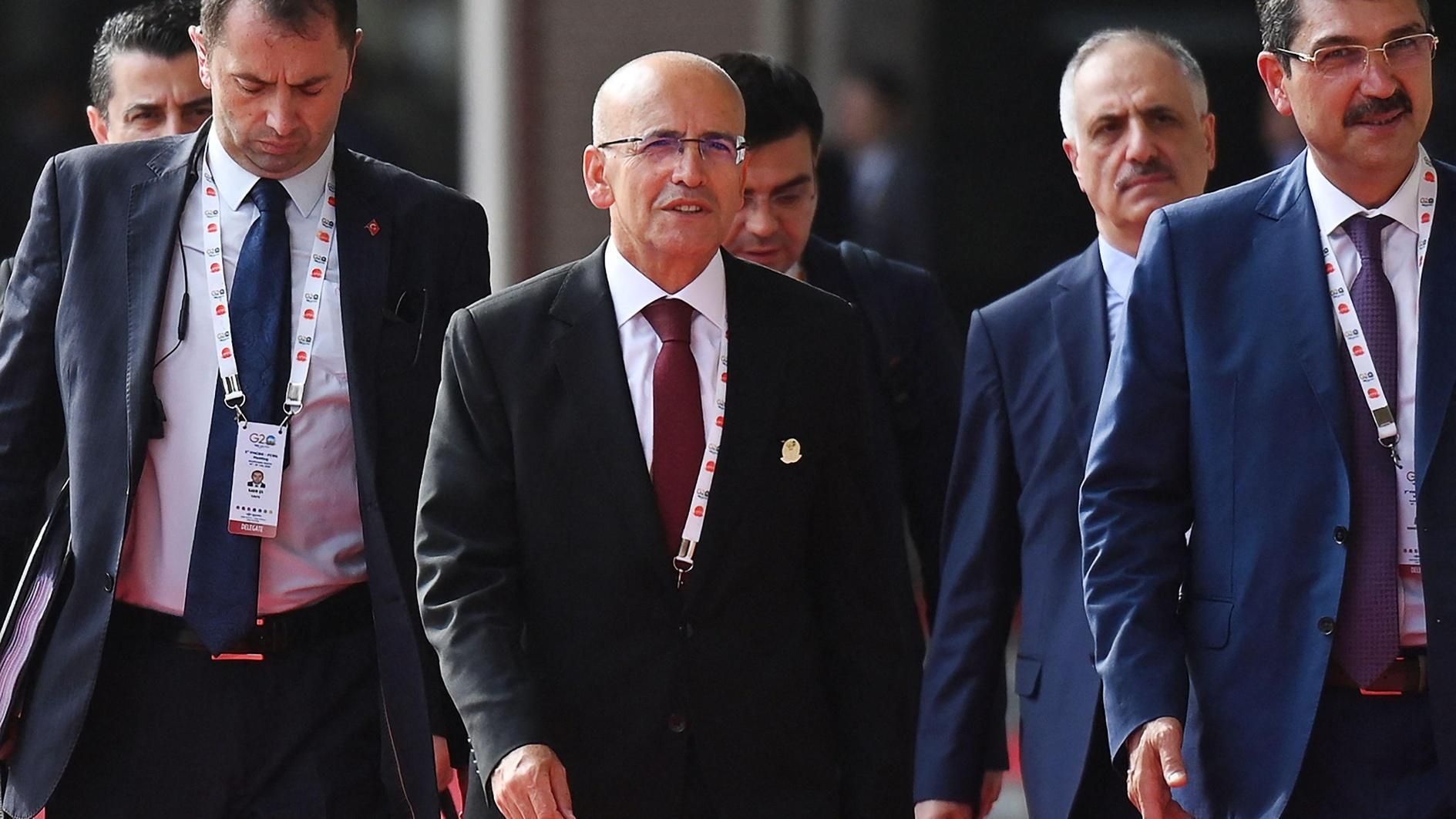Turkish government to move ahead with judiciary plan, despite main opposition refusal
ANKARA

CHP has rejected the government's formula for the status of the Supreme Board of Judges and Prosecutors (HSYK), which is at the heart of the battle over control of the judiciary. DHA Photo
The main opposition Republican People’s Party (CHP) has rejected a proposal from the ruling Justice and Development Party (AKP) to amend Turkey’s top judicial body through a constitutional amendment.The composition and authorities of the Supreme Council of Judges and Prosecutors (HSYK) remain at the center of the country’s ongoing political turmoil.
The decision, made at a Central Executive Board (MYK) meeting of the CHP on Jan. 16, stemmed from the AKP’s dragging of its feet over continuing debates at Parliament’s Justice Commission on the proposal, which would completely restructure the HSYK.
“The proposal [for the constitutional change] is viewed as inappropriate and insincere, given that discussions of the proposed HSYK law at the Justice Commission have not been halted,” the CHP said in a written statement.
On the AKP front, Nurettin Canikli, a deputy parliamentary group chair of the party, described the CHP’s refusal as “saddening.” “Next week at the General Assembly we will pass the proposal that is being debated at the Justice Commission, without any interruption [in Commission debates],” Canikli said.
The Peace and Democracy Party (BDP), which had earlier declared support for a constitutional amendment if it helped to build “an independent and impartial judiciary,” said their position had not changed.
“We are in favor of the constitutional amendment about the HSYK, there is no change in our manner,” BDP Deputy Parliamentary Group Chair İdris Baluken told reporters on Jan. 16.
For his part, Parliament Speaker Cemil Çiçek reiterated that the best solution to the HSYK controversy was to amend the judicial body through a constitutional amendment. “Ninety-eight percent of this problem will be solved if it is done through amending the Constitution. Other ways will only temporarily solve the problem,” Çiçek told reporters.
Meanwhile, addressing a session of the ongoing Sixth Ambassadors’ Conference arranged by the Foreign Ministry, Justice Minister Bekir Bozdağ stressed that the government’s proposal was in line with Article 159 of the Constitution.
Bozdağ argued that the proposal changed neither the duties nor the whole structure of the body. “We are amending the parts [of Article 159] that are left to be regulated through relevant laws,” he told the ambassadors.
Article 159 states that the HSYK must be established and exercise its functions in accordance with the principles of the independence of courts and the security of tenure of judges.
Prime Minister Recep Tayyip Erdoğan had suggested constitutional changes as an alternative to a new law that would tighten government control over the judiciary, which he believes is using the corruption investigation to undermine him. However, the effect may ultimately have been similar, though the process would take longer.
The HSYK is the bull’s eye in Erdoğan’s campaign against the judiciary, as he has strongly maintained that the HSYK has been infiltrated by followers of the reclusive U.S.-based Islamic scholar Fethullah Gülen, thus creating a “parallel state” apparatus in Turkey. The prime minister has claimed that his action serves to restore judicial independence.
















